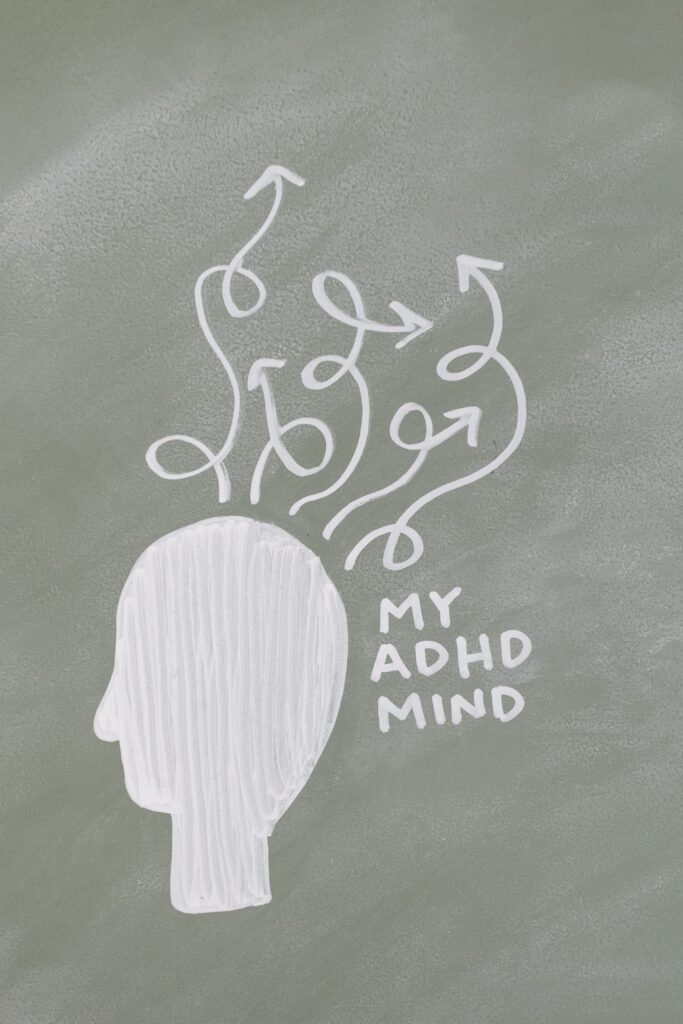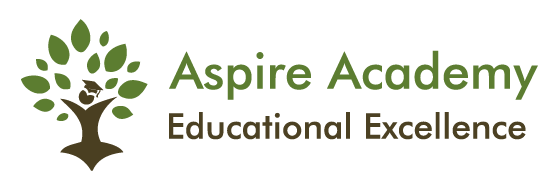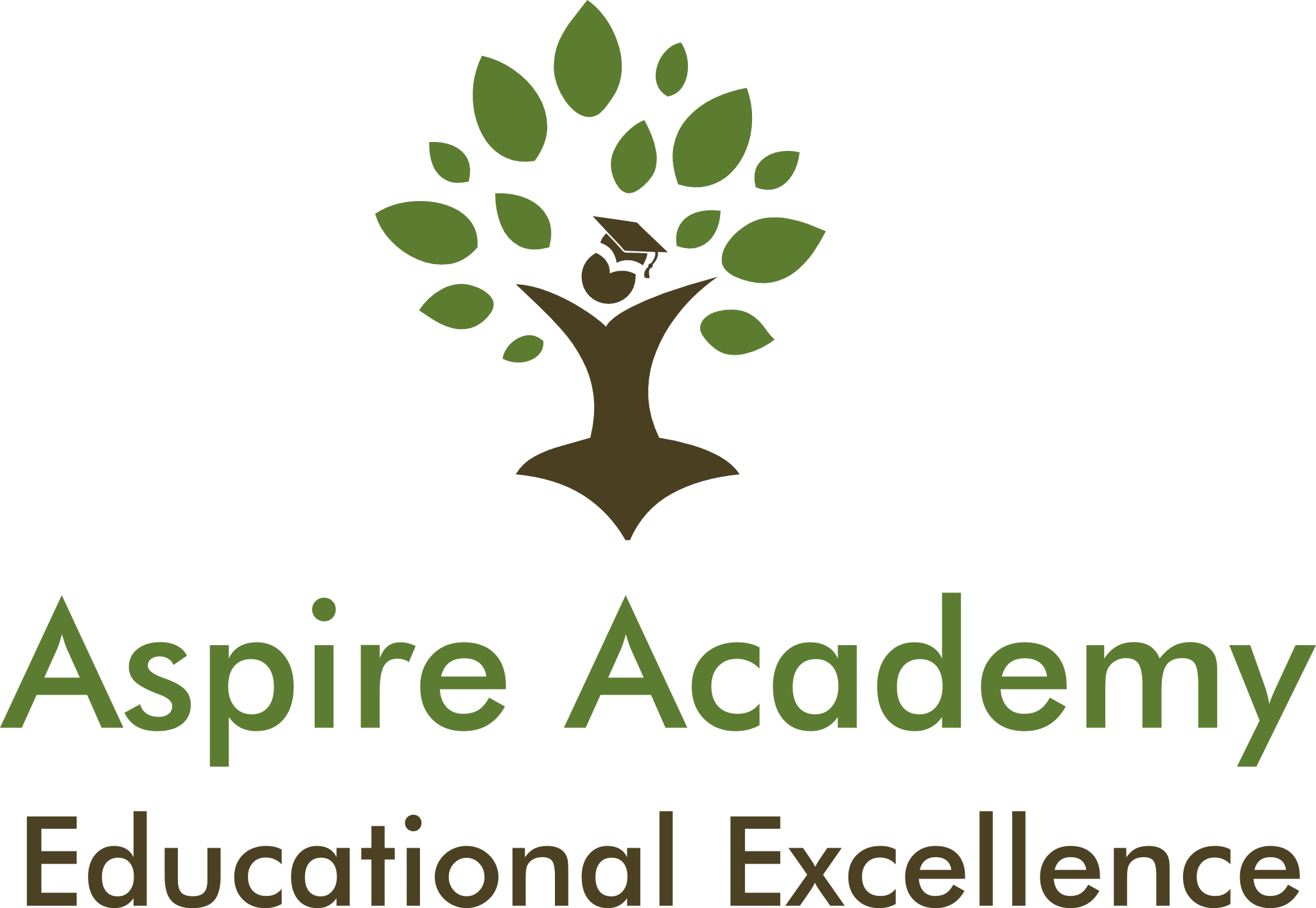ADHD (Attention Deficit Hyperactivity Disorder) and dyslexia are two neurodevelopmental disorders that often co-occur. While they are distinct conditions, research suggests that there are significant overlaps between them, particularly in the areas of attention, working memory, and executive function.
One study (link to this article: https://pubmed.ncbi.nlm.nih.gov/18154503/) found that up to 40% of children with dyslexia also have ADHD, and conversely, up to 50% of children with ADHD have reading difficulties that could be indicative of dyslexia (Shaywitz, Morris, & Shaywitz, 2008). Another study (link to this article: https://pubmed.ncbi.nlm.nih.gov/20828676/) found that children with ADHD who also have dyslexia have more severe symptoms of ADHD than those without dyslexia (Willcutt et al., 2010).
The overlap between ADHD and dyslexia is thought to be due to the fact that both conditions involve difficulties with attention and executive function. Children with ADHD struggle with maintaining attention and focus, while children with dyslexia struggle with processing language-based information (Shaywitz, Morris, & Shaywitz, 2008). These difficulties can also lead to working memory deficits, which further exacerbate the challenges of both conditions.
In conclusion, while ADHD and dyslexia are distinct conditions, they often overlap in terms of attention, working memory, and executive function. Identifying both conditions in a child can help inform effective treatment strategies and improve outcomes for children with these neurodevelopmental disorders.
At Aspire Academy, we teach kids with dyslexia, ADHD and the combined type to crack the reading code, focus on the letters in words, and decode them by sound and word part. It typically takes two-to-three years of tutoring designed specifically for these learning difficulties before children are reading at grade-level. Please call us for a free parent consultation!
References:
Shaywitz, S. E., Morris, R., & Shaywitz, B. A. (2008). The education of dyslexic children from childhood to young adulthood. Annual Review of Psychology, 59, 451-475.
Willcutt, E. G., Betjemann, R. S., McGrath, L. M., Chhabildas, N. A., Olson, R. K., DeFries, J. C., & Pennington, B. F. (2010). Etiology and neuropsychology of comorbidity between RD and ADHD: The case for multiple-deficit models. Cortex, 46(10), 1345-1361.
Lost Potential: The Impact of Undiagnosed ADHD on Academic Performance and Learning Outcomes
Undiagnosed ADHD can have a significant impact on a student’s academic performance and learning outcomes. ADHD, or Attention Deficit Hyperactivity Disorder, is a neurodevelopmental disorder that affects attention, impulse control, and executive function. Students with undiagnosed ADHD may struggle with paying attention in class, completing assignments, and staying organized, which can lead to poor academic performance and a range of negative outcomes.
According to research, students with undiagnosed ADHD are more likely to:
– Perform poorly in school – One study found that students with ADHD are two to three times more likely to repeat a grade, drop out of school, or be expelled compared to their peers without ADHD (Barkley, 2014).
– Have lower academic achievement – Studies (link to this article –
https://pubmed.ncbi.nlm.nih.gov/15291732/ and this article –
https://pubmed.ncbi.nlm.nih.gov/22612200/) have found that students with ADHD have lower academic achievement scores, particularly in math and language subjects, compared to their peers without ADHD (Frazier et al., 2007; Willcutt et al., 2012).
– Struggle with executive function – ADHD can impact executive function, which includes skills such as planning, organization, and time management. Students with undiagnosed ADHD may struggle with these skills, which can make it challenging to complete assignments, manage their time, and stay organized (Barkley, 2014).
– Experience social difficulties – Students with ADHD may struggle with social interactions, which can lead to peer rejection, social isolation, and low self-esteem (Barkley, 2014).
It’s important to note that while ADHD can have a significant impact on academic performance, with proper diagnosis and treatment, students with ADHD can thrive academically. Early identification and treatment of ADHD can improve academic performance and reduce negative outcomes associated with the disorder. Treatment options for ADHD include medication, behavioral therapy, and accommodations in the classroom. Accommodations can include extra time on tests, preferential seating, and other strategies to support executive function skills. Click here to see our list of recommended classroom accommodations for students with learning disabilities. (Upload our accommodations PDF so that parents can download it!)
References:
Barkley, R. A. (2014). Attention-deficit hyperactivity disorder: A handbook for diagnosis and treatment (4th ed.). Guilford Publications.
Book available for purchase here:
Frazier, T. W., Demaree, H. A., & Youngstrom, E. A. (2007). Meta-analysis of intellectual and neuropsychological test performance in attention-deficit/hyperactivity disorder. Neuropsychology, 21(2), 211–223.
Willcutt, E. G., Nigg, J. T., Pennington, B. F., Solanto, M. V., Rohde, L. A., Tannock, R., … & Lahey, B. B. (2012). Validity of DSM-IV attention deficit/hyperactivity disorder symptom dimensions and subtypes. Journal of abnormal psychology, 121(4), 991–1010.


Empowering Students with Language-Based Learning Disabilities: A Guide to Classroom Accommodations for Academic Success
Students with language-based learning disabilities (LBLD) often struggle with skills related to reading, writing, and language comprehension. These difficulties can make it challenging to keep up with academic demands in the classroom. However, with the right accommodations, students with LBLD can succeed academically and reach their full potential.
The following are examples of accommodations that can be helpful for students with LBLD:
– Extra time on tests and assignments – Students with LBLD may require additional time to complete assignments and tests, especially those that require reading and writing. – Use of assistive technology – Assistive technology such as text-to-speech software, speech-to-text software, and spell-check can be beneficial for students with LBLD. – Preferential seating – Sitting closer to the teacher or away from distractions can help students with LBLD focus better and reduce anxiety.
– Chunking of information – Breaking down information into smaller, more manageable pieces can help students with LBLD process and retain information.
To apply for accommodations, parents or guardians should first contact their child’s school or district to request an evaluation for special education services. The evaluation process typically involves assessments, observations, and a review of the student’s academic and medical history.
Once a student is deemed eligible for special education services, an Individualized Education Plan (IEP) is developed. The IEP outlines the student’s strengths, needs, and goals and includes a list of accommodations and modifications to support the student’s academic success.
The benefits of accommodations for students with LBLD include:
– Improved academic performance – Accommodations can help students with LBLD access the curriculum and complete assignments, which can lead to improved academic performance.
– Increased independence – Accommodations can help students with LBLD become more independent learners by reducing the need for constant teacher assistance. – Reduced anxiety and frustration – Accommodations can reduce the stress and frustration associated with learning difficulties, which can improve students’ overall well-being and engagement in school.
In conclusion, accommodations can make a significant difference in the academic success of students with language-based learning disabilities. Click here to download our free list of recommended accommodations for students with LBLD.
References:
Center for Parent Information and Resources – Individualized Education Programs (IEPs). Link: https://www.parentcenterhub.org/iep/
National Center for Learning Disabilities – Classroom Accommodations for Dyslexic Students. Link:https://www.ncld.org/students-disabilities/accommodations-education/classroom-accommo dations-dyslexic-students/
Understood – Classroom Accommodations for Dyslexia.

